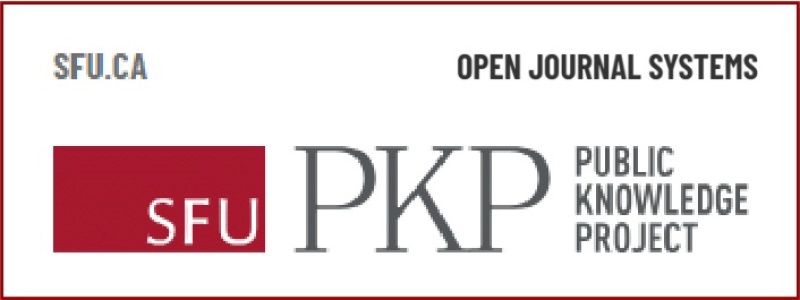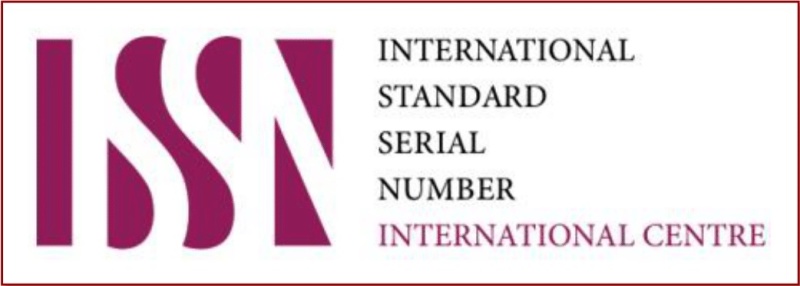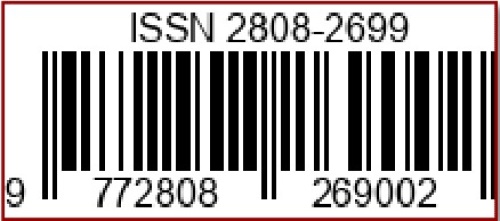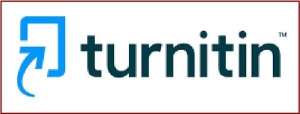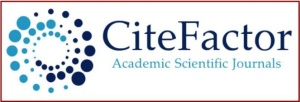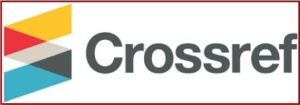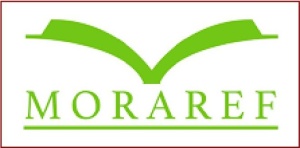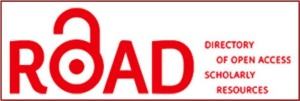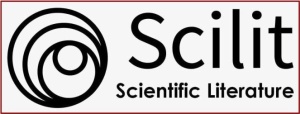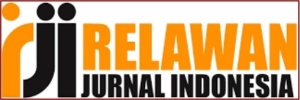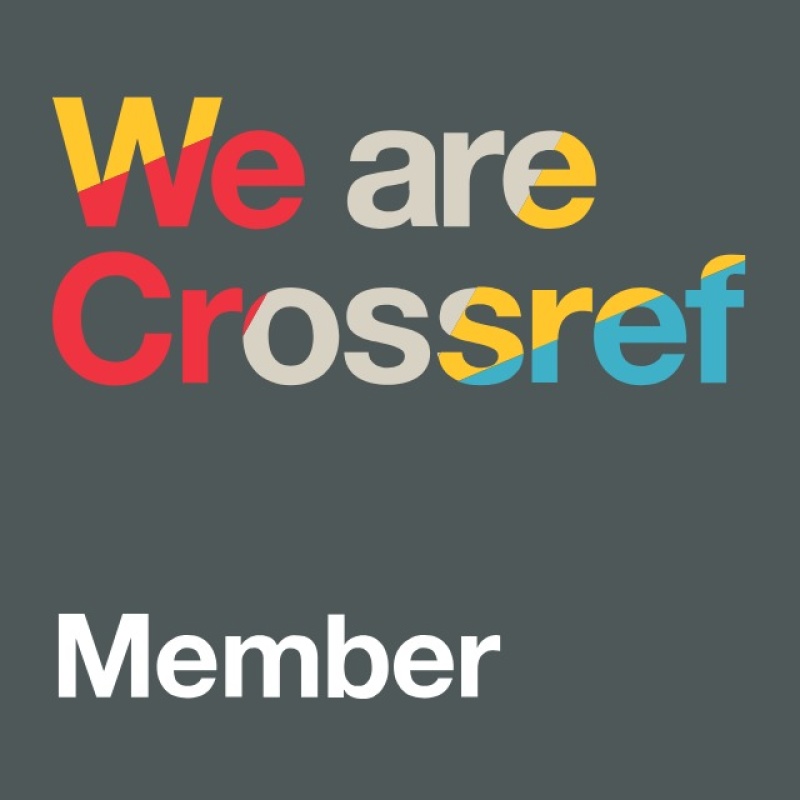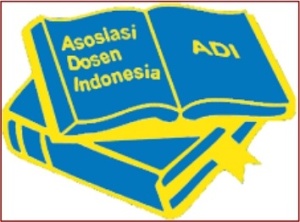Analisis Pelaksanaan Asesmen Autentik dan Berpikir Kritis Selama Pembelajaran Daring
DOI:
https://doi.org/10.36312/ejiip.v2i4.130Keywords:
Authentic Assessment, Critical Thinking, Online Learning.Abstract
This study aims to determine how the implementation of authentic assessment and critical thinking in a school in the city of Semarang. This type of research is descriptive qualitative. This research was conducted at SMA Negeri 3 Semarang. The subjects of this study were the biology teacher at the high school and the students. The focus of this research is to analyze the implementation of authentic assessments and critical thinking during online learning based on the 2013 curriculum. The data collection techniques used are interview techniques for biology teachers, interviews with several students from class XI and XII, observation, and analyzing learning tool documents such as lesson plans and lesson plans. LKPD. The results showed that in the implementation of an authentic assessment of Biology material for class XI and XII at SMA Negeri 3 Semarang during online learning experienced several obstacles from both students and teachers. In addition, the tests and worksheets given by the teacher are indicators of critical thinking.
Downloads
References
Agnafia, D. N. (2019). Analisis Kemampuan Berpikir Kritis Siswa dalam Pembelajaran Biologi. Florea: Jurnal Biologi & Pembelajarannya, 6(1), 45-53. http://doi.org/10.25273/florea.v6i1.4369
Arifin, Z. (2016). Evaluasi Pembelajaran. Bandung: PT. Remaja Rosdakarya.
Atkin, J. M., Black, P., & Coffey, J. (2001). Classroom Assessment and the National Science Education Standards. Washington, D. C.: National Academy Press.
Cheong, C. M., & Cheung, W. S. (2008). Online Discusion and Critical Thingking Skills: A Case Study in a Singapore Secondary School. Australian Journal of Educational Technology, 24(5), 556-557. https://doi.org/10.14742/ajet.1191
Cumming, J. J., & Maxwell, G. S. (1999). Contextualising Authentic Assessment. Assessment in Education: Principles, Polices and Practices, 6(2), 177-194. https://doi.org/10.1080/09695949992865
Gulikers, J. T. M., Bastiaens, T. J., & Kirschaner, P. A. (2004). A Five-Dimensional Framework for Authentic Assessment. Educational Technology Research and Development, 52(3), 67-86. https://doi.org/10.1007/BF02504676
Kementerian Pendidikan dan Kebudayaan. (2013). Panduan Pelaksanaan Pengimbasan Implementasi Kurikulum 2013 Sekolah Menengah Atas. Jakarta: Kementerian Pendidikan dan Kebudayaan.
Kunandar. (2014). Penilaian Autentik (Penilaian Hasil Belajar Siswa Berdasarkan Kurikulum 2013). Jakarta: PT. Raja Grafindo Persada.
Liliasari. (2011). Peningkatan Kualitas Guru Sains Melalui Pengembangan Keterampilan Berpikir Tingkat Tinggi. Bandung: FPMIPA UPI.
Marie, G. (2009). Manage Organizational Knowledge. Alexandria, Virginia: American Management Association.
Mueller, P. (2006). Exploring the Knowledge Filter: How Entrepreneurship and University-Industry Relationships Drive Economic Growth. Research Policy, 35(10), 1499-1508. https://doi.org/10.1016/j.respol.2006.09.023
Nafi’ah, I., & Prasetyo, A. P. B. (2015). Analisis Kebiasaan Berpikir Kritis Siswa Saat Pembelajaran IPA Kurikulum 2013 Berpendekatan Scientific. UNNES Journal of Biology Education, 4(1), 53-59. https://doi.org/10.15294/jbe.v4i1.5234
Norris, S. P., & Ennis, R. H. (1989). Evaluating Critical Thinking. The Practitioner’s Guide to Teaching Thinking Series. Pacific Grove, California: Midwest Publications.
Pantiwati, Y. (2013). Hakekat Asesmen Autentik dan Penerapannya dalam Pembelajaran Biologi. Jurnal Edukasi Matematika dan Sains, 1(1), 18-27. http://doi.org/10.25273/jems.v1i1.773
Puspitasari, E. D. (2016). Keterlaksanaan Penilaian Autentik dan Korelasinya dengan Hasil Belajar Biologi SMA. Proceeding Biology Education Conference, 13(1), 196-202.
Sani, R. A. (2014). Pembelajaran Saintifik untuk Implementasi Kurikulum 2013. Jakarta: PT. Bumi Aksara.
Saputri, N., Adlim., & Rahmayani, R. F. I. (2018). Pengembangan Instrumen Psikomotorik untuk Praktikum Kimia Dasar. JTK : Jurnal Tadris Kimiya, 3(2), 114-124. https://doi.org/10.15575/jtk.v3i2.3444
Sudijono, A. (2013). Pengantar Evaluasi Pendidikan. Jakarta: PT. Raja Grafindo Persada.
Suranto, B. (2009). Virtual Classroom: Strategi Pembelajaran Berbasis Synchronous E-Learning. In Seminar Nasional Aplikasi Teknologi Informasi 2009 (SNATI 2009) (pp. 78-86). Yogyakarta, Indonesia: Universitas Islam Indonesia.
Wiggins, S. (1990). Introduction to Applied Nonlinear Dynamical Systems and Chaos. New York: Springer.
Zubaidah, S., Corebima, A. D., & Mistianah. (2015). Asesmen Berpikir Kritis Terintegrasi Tes Essay. In Seminar Nasional Pendidikan Biologi, Symposium on Biology Education (Symbion) (pp. 200-213). Yogyakarta, Indonesia: Universitas Ahmad Dahlan.
Downloads
Published
How to Cite
Issue
Section
License
Copyright (c) 2022 Stevia Rafie Afrizal

This work is licensed under a Creative Commons Attribution-ShareAlike 4.0 International License.
-
Attribution — You must give appropriate credit, provide a link to the license, and indicate if changes were made. You may do so in any reasonable manner, but not in any way that suggests the licensor endorses you or your use.
-
ShareAlike — If you remix, transform, or build upon the material, you must distribute your contributions under the same license as the original.


